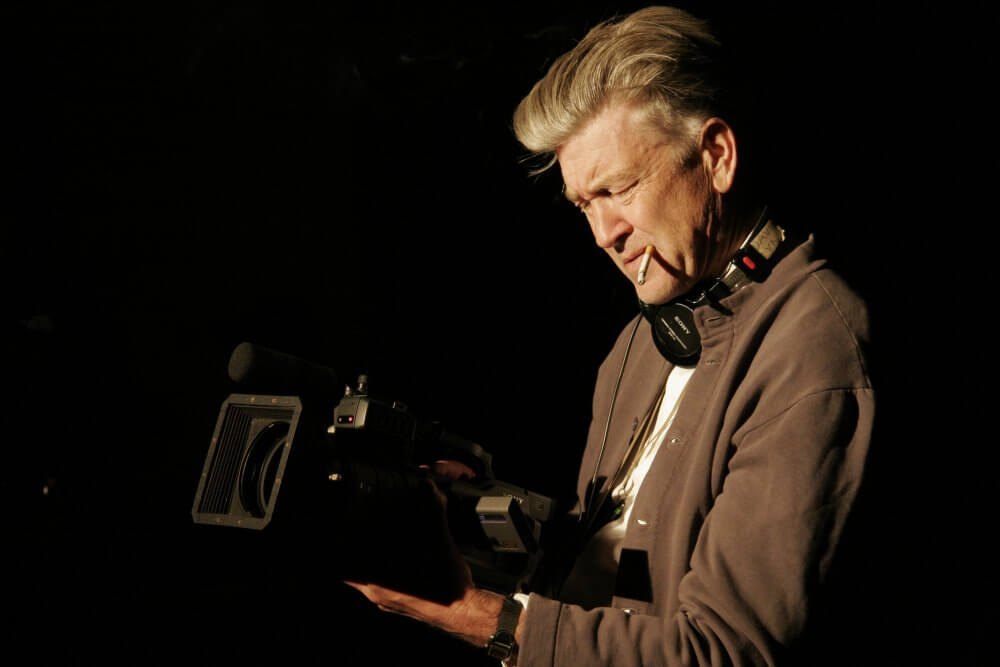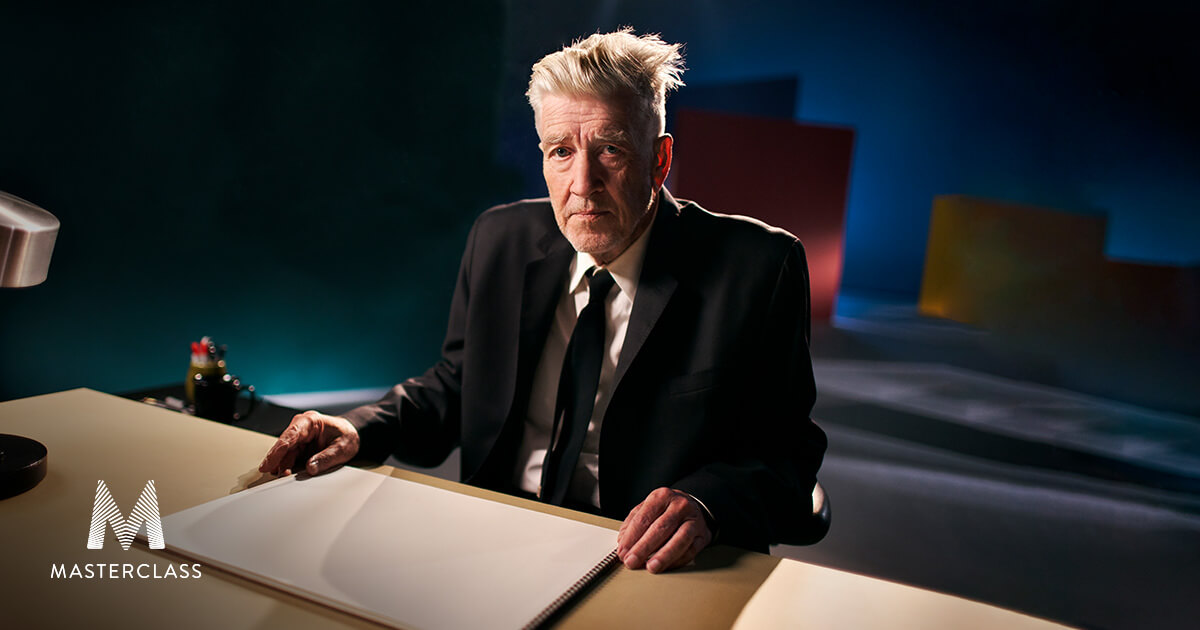
David Lynch is one of the most highly regarded directors in Hollywood. His movies are strange, dreamlike experiences — visually distinctive and often narratively ambiguous.
David Lynch himself is also famously enigmatic, private, and eccentric. So the idea of a David Lynch masterclass inspires perhaps as much curiosity as anticipation. Anyone familiar with his work can’t help wondering, “What the hell would a David Lynch masterclass even look like?”
After having taken the course, I can report that it is indeed strange. It is a unique journey, often times vague and obtuse (much like his movies), and unquestionably imbued with his strange and often eerily magnetic personality.
But is it a worthwhile masterclass for young and/or aspiring filmmakers looking to improve their craft?
That question is somewhat harder to answer.
The Good
A Chance to Listen
Let’s start by talking about what this course does well.
To begin with, it gives you the opportunity to listen to David Lynch talk for almost three hours.
David Lynch is an undeniable master of his craft. When someone like this talks, it’s worth listening. I can see how this course may help a young filmmaker crystalize the way they see their craft, simply by listening to how David Lynch thinks about and approaches his.
Opportunities like this shouldn’t be undervalued. A single concept gleaned from a course like this can have a profound impact on an artist, making it hard to really put a price tag on it. If a filmmaker (or any artist for that matter) takes away even one such idea, it was almost certainly worth the time and money invested.
The Primacy of Ideas
Everyone is familiar with the stereotype of the ego-obsessed artist. Film directors are often seen as the epitome of this characterization.
You can see right from the outset that David Lynch is not driven by his ego. Instead, ideas themselves sit at the center of his artistic universe.
In fact he spends much of the course describing methods for discovering, collecting, arranging, and developing ideas. The way David Lynch sees it, ideas have a life of their own. Mysterious in origin, they exist all around us, waiting to be captured. The job of the filmmaker is to create the ideal internal and external conditions to receive them.
Early in the course Lynch says, “The art life is built around work.” It becomes clear as the class goes along that for David Lynch, that means structuring your life to be at the service of ideas.
He offers several vivid and intriguing metaphors centered around the idea of catching or receiving ideas. He also gives some fascinating anecdotal lessons on the importance of staying completely open to new ideas throughout the entire process of filmmaking, all the way through to the very end.
All in all, this may be the most valuable aspect of the class: the opportunity to absorb David Lynch’s idiosyncratic philosophy of ideas.
What Could be Better
Don’t come to this course expecting a “filmmaking 101” sort of experience. You will not leave this masterclass knowing how to make a film.
But this really shouldn’t be surprising. As with any masterclass, there simply is not enough time to get into details of the trade. If you want to learn the ins and outs of how to make films, you’ll have to go to film school.
However, I found myself at times wishing certain parts of the course were more concrete, and that Lynch’s advice was a little easier to comprehend.
Even when discussing his own process, his descriptions are sometimes almost comically vague. Like this passage, where he’s talking about the right and wrong way to nudge actors closer to the performance you’re looking for:
We’re all human beings, so it would be wrong to say, “You fuckhead, that was the stupidest thing you interpreted there.” This is not the right way. So, you would be kind, not embarrass them…You want to go in and explain something, and in so doing you use words. And you use your eyes. And you send something from you to them. You use your hands. And they get it.
Overall, I would say this is the biggest shortcoming of the class — that David Lynch often struggles with explaining his own process in anything but the haziest terms.
It’s not that he gives bad or meaningless advice. It’s simply that in trying to convey what are surely very subtle techniques, processes, and approaches, he seems to consistently fall short of finding adequate words.
Consequently, a little too much of what he says comes across as more banal than it probably is, and you’re left feeling like the real secret to his magic as a filmmaker remains largely obscured, simply because he struggles so much to translate it for you.
Final Thoughts
So is David Lynch’s masterclass worth taking?
For a filmmaker who is also a David Lynch fan, it’s a no-brainer.
For everyone else, I think the answer is yes — but only with the right expectations.
It’s important to note that the course title says, “David Lynch Teaches Creativity and Film.”
That seems like a reasonable description. Notice that it doesn’t claim to “teach filmmaking.”
If you come into this course thinking you’re going to learn how to make films, you’ll be left disappointed and possibly confused as to how anyone would find it useful.
However, as an opportunity to gain insight into the psychology and philosophy of a one-of-a-kind modern film master, I found the course worthwhile. I would imagine a young filmmaker could take away even more than I did.
Take the Masterclass

